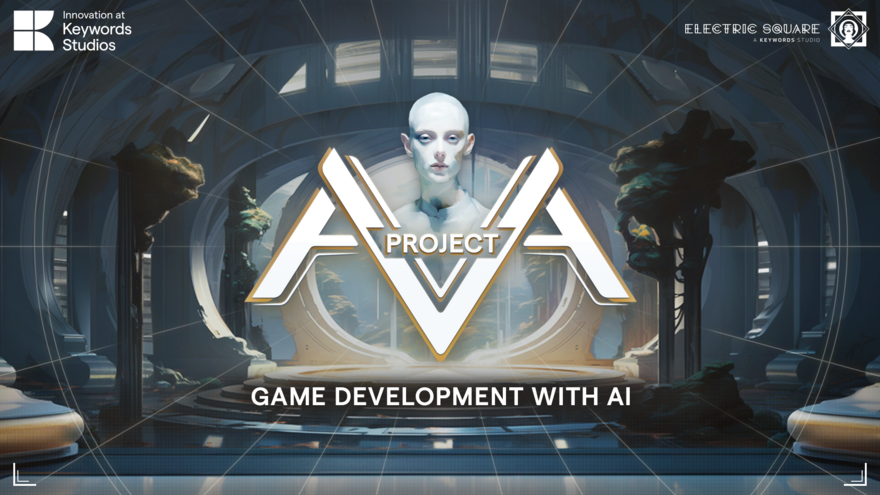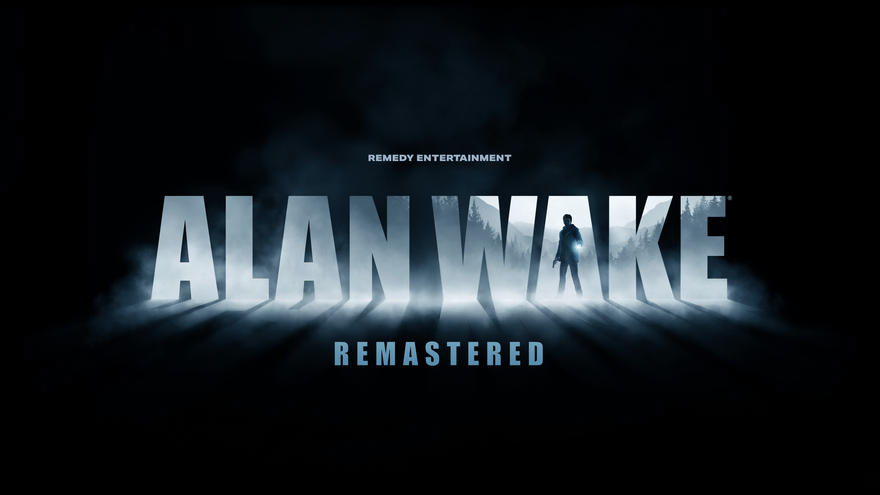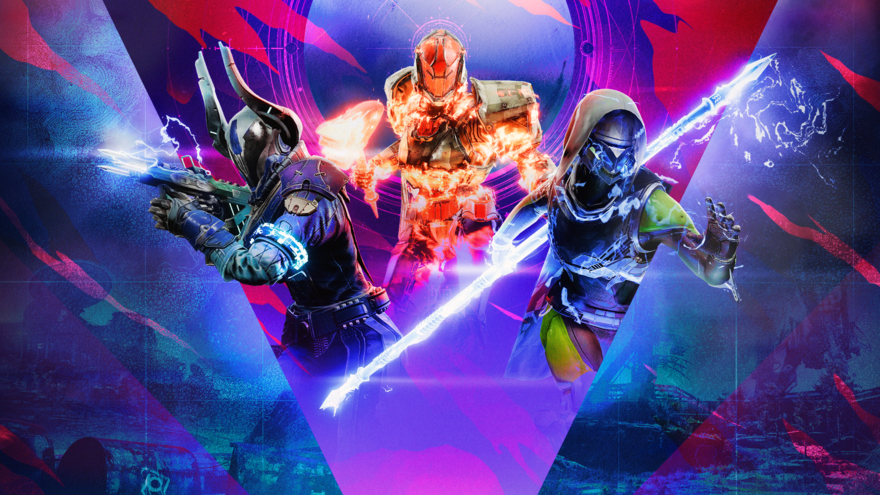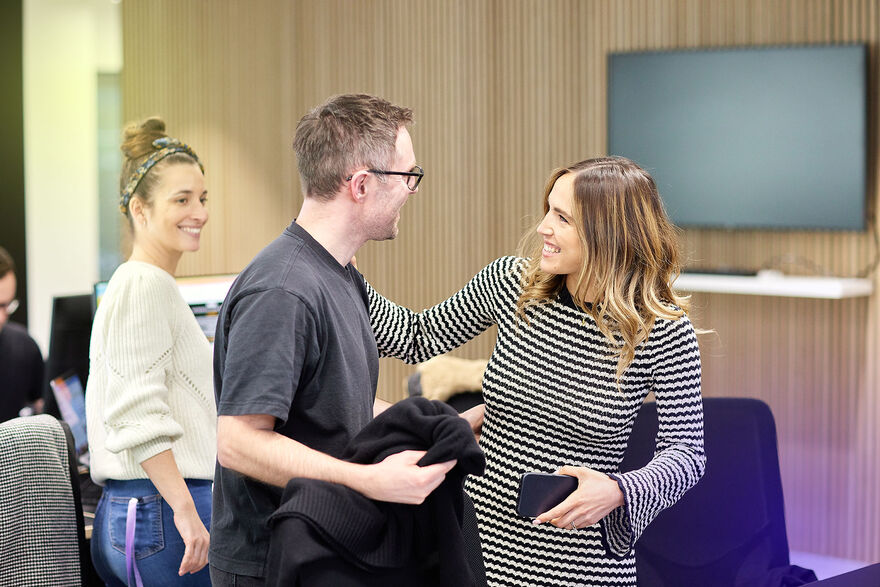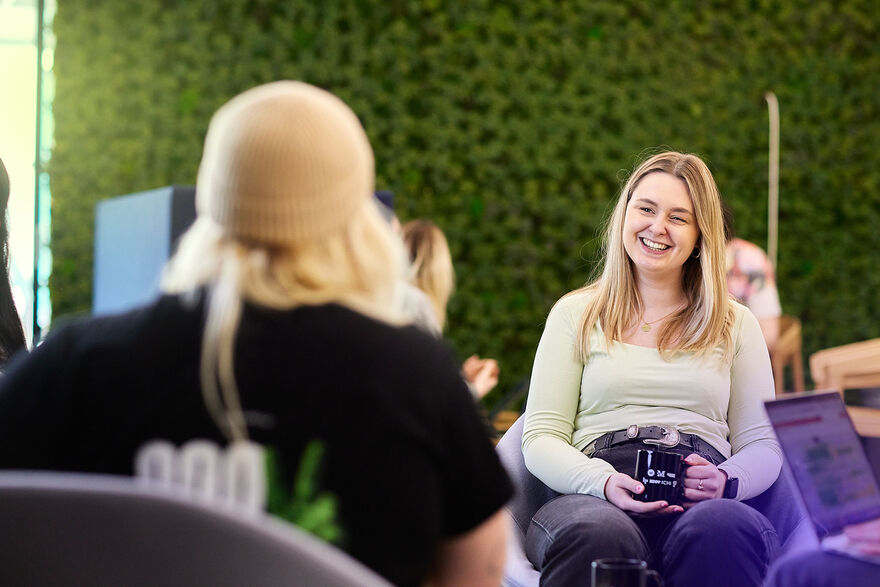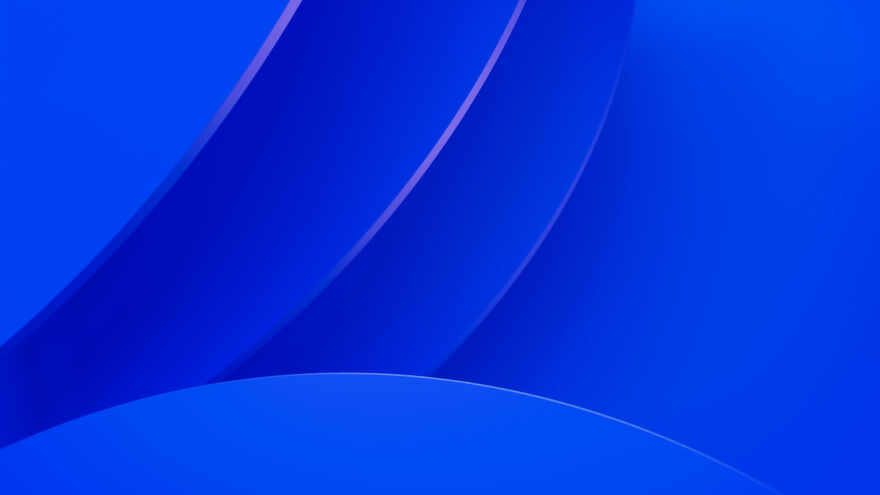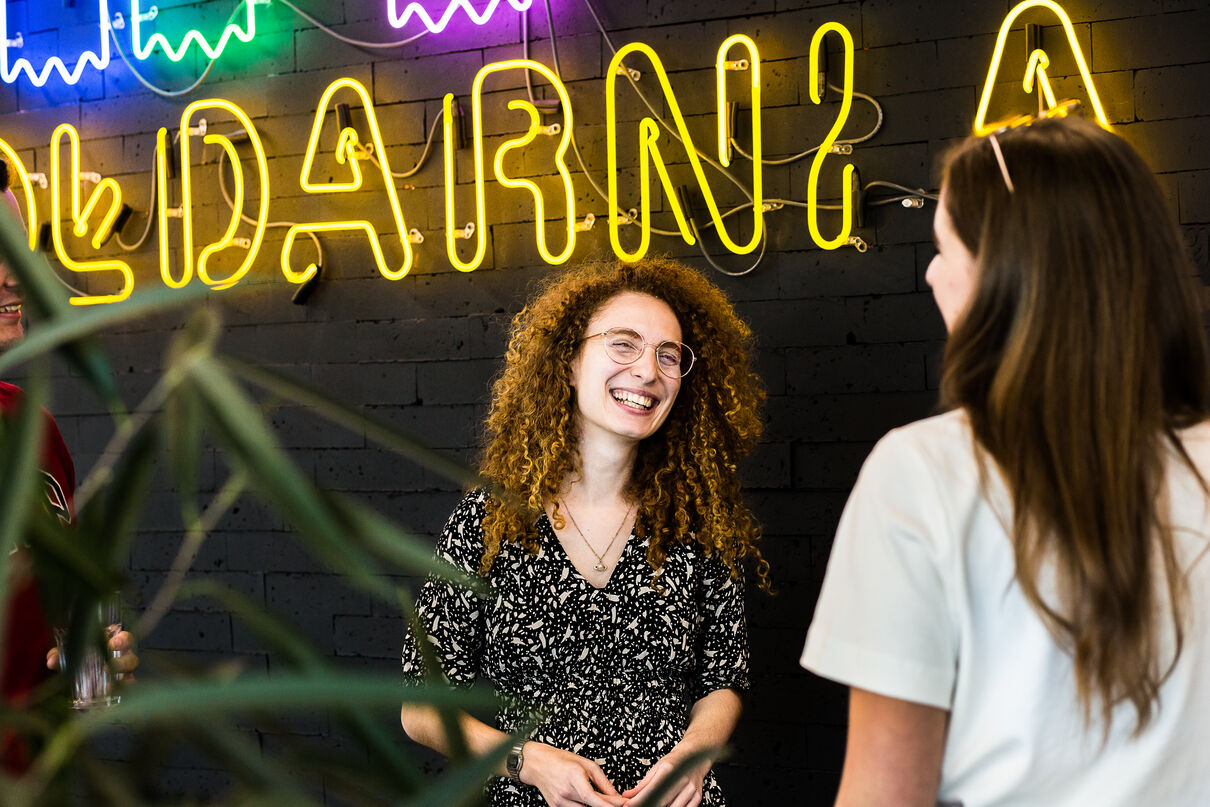Meet the Talented Artists at d3t
"It’s a great industry to work in; it’s creative and varied and essentially about working together to make something that’s fun. From an art perspective, just get a great digital portfolio together. For me it’s not about qualifications, it’s all about artistic ability as demonstrated in a portfolio, so focus on that."
At Keywords Studios we have hundreds of talented artists working on video games across all genres and platforms.
The art and aesthetic of a video game can be a huge factor in its potential for success: if a game looks great players are more likely to think it will also be great to play, and visually stunning games stand out in a crowded marketplace.
The processes behind this kind of industry-leading artwork are both complex and rewarding, whether the desired effect is super photorealism or something more stylised – and d3t, a Keywords studio delivering co-development services to AAA clients, knows them all.
Recently we spoke with some of our art team members at d3t to get their thoughts on art development for video games. In this spotlight we meet Louise Andrew, Head of Art, who joined d3t in 2019, and Tony Weekes, Artist, who has been with the company for five years now.
This is what they had to say!
What does a typical day at work involve?
Louise: I run the art team here at d3t, so my role is to make sure all the artists are as happy and productive as possible. This can involve any number of responsibilities: appraisals, ensuring everyone has the hardware and software they need, initiating training, ensuring we have adequate staffing levels per project and that artists are working on projects that interest and inspire them.
There is no typical day for me. Some days I can be involved in recruitment, or with studio strategy decisions or with pitching for new work, other days I spend time talking to the artists and seeing the artwork.
I’m also currently involved in decisions about the refurbishment of our studio, so I talk to interior designers and garden designers too! It’s quite varied.
Tony: My job as a game artist is to work closely with my lead artist to pre-defined art styles and produce high-quality artwork. The creation of game artwork requires balancing many differing responsibilities, the primary one being fulfilling the client’s art direction, but also getting to grips with each individual project’s workflow, always being mindful of tech limitations and regularly learning new techniques and processes.
A typical day during the production stages of developing artwork will begin with finding good image references. Having reliable references is highly important as I frequently turn back to them as I start to block-out the main forms of the subject. Other parts of the process include comparing the artwork’s scale with characters in-game, understanding what surface material is being used, and creating textures.
The final stages are checking the subject is lighting correctly in-game with the correct smoothing groups, that that when everything has come together the personality of the artwork will come across.
Is there a specific area of your role you enjoy most?
Louise: I really like people and facilitating them to be as happy as they can be in their work. That is what drives me. I also like to make things happen and find solutions, and thankfully I’m in a position where I feel like I can both make a difference and continue to improve things for the Art team.
Tony: At d3t I have been lucky to have an opportunity to get to know all areas of the art department thoroughly, and I am now at a point where I want to stay focused on creating characters. For a long time I’ve known that my love is character-work and it is a craft that motivates me – I’m fascinated with what visual storytelling can do, revealing a character’s history and making that connection with the audience before showing any facial expressions or emotions.
What do you like best about working for d3t and being a part of Keywords Studios?
Louise: As part of Keywords we are part of a global network of game developers, which has allowed me to meet up with art directors and heads of art from other studios to share knowledge, rather than being in competition with each other. It’s great to feel part of something that’s so global and so successful yet also has the intimacy of a smaller studio on a day-to-day level.
Tony: What I like about working for d3t is how they make employees feel valued by always providing opportunities for us to grow and pursue our interests within the company.
I like that we have such great diversity, with lots of people from different backgrounds and cultures who have bonded through sharing the trials, tribulations and triumphs of projects together.
What are you most excited for in 2021?
Louise: Haha … Going out again! Seeing people in three dimensions! Also travel: I love travelling and hope to be able to do that again soon.
From a work point of view, I’m excited to see what new projects we’re going to be working on later this year. We have some exciting potential ones we are in talks about, so I think it’s going to be great and I’m looking forward to growing the art team a bit more to meet the challenges involved.
Tony: In 2021 I am excited to be more involved with the character pipeline and to take on more demanding responsibilities for new projects.
What is your favourite video game and why?
Louise: A recent favourite was Red Dead Redemption II. I loved exploring the beautiful landscapes and finding missions – it brought out the inner cowgirl in me. I have also just completed Little Nightmares II which was so beautiful but super creepy.
Tony: One of my favourite games is Uncharted 4: A Thief’s End. I like playing a good action game with great storytelling, and thisone has beautiful graphics that lock me into the gameplay even after playing it several times over.
And, finally, what advice would you give to job seekers considering a career in video game art?
Louise: It’s a great industry to work in; it’s creative and varied and essentially about working together to make something that’s fun. From an art perspective, just get a great digital portfolio together. For me it’s not about qualifications, it’s all about artistic ability as demonstrated in a portfolio, so focus on that.
Tony: For job seekers who are considering a career in games development, my advice would be to become a student of traditional art first. (Visiting art galleries or attending lectures is great for sparking new ideas.) Find what drives you creativity, make a connection with someone in the industry, and use forums such as Polycount to receive constructive feedback on the work you develop.
